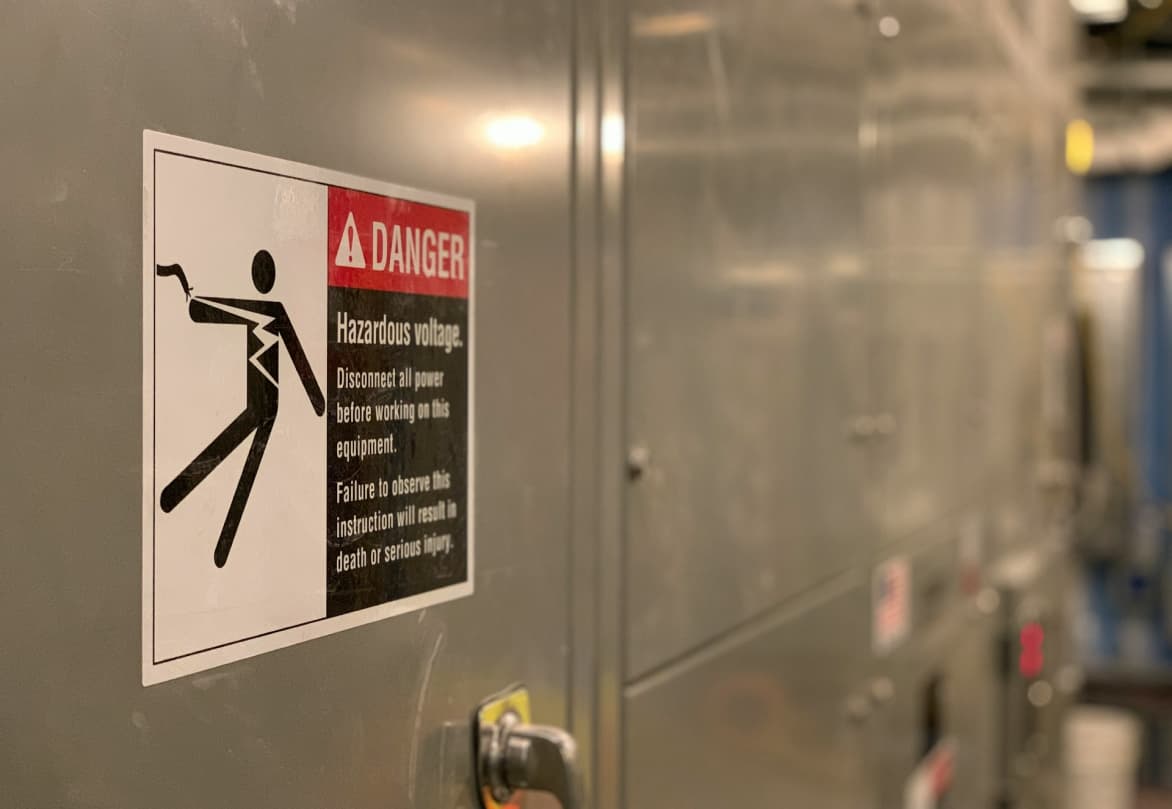As a homeowner, ensuring the safety of your property and loved ones is paramount. With electricity being an integral part of modern living, it's crucial to understand and implement proper electrical safety measures. From preventing potential hazards to handling electrical emergencies, here are some essential electrical safety tips every homeowner should know:
Regular Inspections: Schedule periodic electrical inspections by a qualified electrician to assess the condition of your wiring, outlets, and electrical appliances. This proactive approach can help identify potential hazards before they escalate into safety risks.
Upgrade Outdated Wiring: If your home is equipped with outdated wiring, such as knob and tube or aluminum wiring, consider upgrading to modern, safer alternatives like copper wiring. Old wiring systems are prone to wear and tear, increasing the risk of electrical fires and shocks.
Install Ground Fault Circuit Interrupters (GFCIs): GFCIs are designed to protect against electric shock by quickly shutting off power when a fault is detected. Install GFCIs in areas prone to moisture, such as bathrooms, kitchens, and outdoor outlets, to prevent electrical accidents.
Use Surge Protectors: Protect sensitive electronics and appliances from power surges by using surge protectors. These devices divert excess voltage away from your equipment, safeguarding them against damage and extending their lifespan.
Avoid Overloading Outlets: Overloading outlets with multiple appliances or devices can strain your electrical system and increase the risk of overheating and fires. Spread out your electrical load by using power strips and avoiding the use of extension cords for long-term solutions.
Check for Damaged Cords and Outlets: Inspect electrical cords and outlets regularly for signs of damage, such as fraying, cracks, or scorch marks. Replace damaged cords and repair faulty outlets promptly to prevent electrical hazards.
Keep Flammable Materials Away: Avoid placing flammable materials like curtains, rugs, or furniture near electrical appliances or outlets. In the event of a malfunction or electrical fire, combustible materials can fuel the flames, leading to rapid spread and increased damage.
Practice Appliance Safety: Follow manufacturer guidelines for the safe use and maintenance of electrical appliances. Unplug appliances when not in use, avoid using damaged or malfunctioning appliances, and never operate them near water to reduce the risk of electrical accidents.
Educate Family Members: Teach family members, especially children, about basic electrical safety practices, such as not inserting objects into electrical outlets, avoiding water around electrical devices, and recognizing the signs of electrical hazards.
Have an Emergency Plan: Prepare for electrical emergencies by having a clear evacuation plan and knowing how to shut off power to your home in case of a fire or other electrical hazards. Keep emergency contact numbers, including those of electricians and first responders, readily available.

